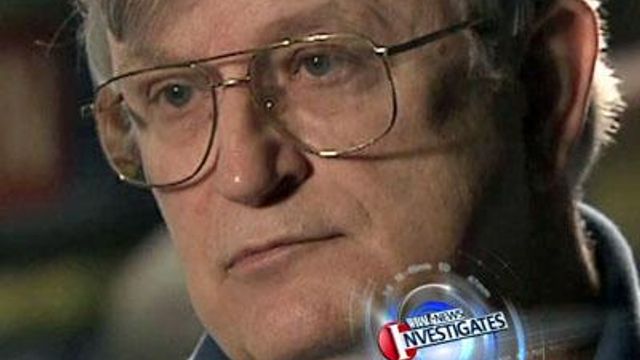UNC engineer claims university wasted taxpayer money
A state worker who claimed that the University of North Carolina at Chapel Hill wasted millions in taxpayer dollars on electricity said he is standing by his assertion, even though school leaders disagree.
Posted — UpdatedAndrews clashed with UNC’s management over a long-term deal university leaders made with Duke Energy to upgrade the power distribution system on campus. University leaders have defended the deal, but Andrews argues the contract will waste millions of tax dollars.
“It’s absolutely waste,” he said. “This was a bad deal.”
Andrews once managed the system when the university first considered capacity and reliability improvements, and said he pushed for a $10 million plan in which the university would own and operate the substations.
“Everything about electricity on that campus is critical,” he said. “If the taxpayers were asked to pay for the property, to pay for these improvements, they should own them."
Instead, Andrews said UNC management wanted an even more comprehensive upgrade that would pay Duke Energy to do and own everything. In the midst of the debate, he said he was suddenly demoted and taken off the project. He filed a grievance, but later dropped it in a written agreement to keep a job at UNC.
Through bonds, the university eventually paid more than $27 million, plus, according to the contract, more than $1 million per year for perpetuity.
One e-mail provided by Andrews shows that Campus Services Associate Vice Chancellor Carolyn Elfland wanted the Duke option to work or "die trying." In another e-mail, energy consultant Nick Travis hinted that someone makes ownership look less attractive by increasing operation and maintenance costs. He called that "not intellectually honest."
“They inflated the cost of UNC owning it,” Andrews said.
UNC leaders declined an interview with WRAL News, but in a statement, Vice Chancellor Richard Mann said: "All of these allegations by Mr. Andrews have been investigated numerous times over several years by parties inside and outside the University, including the North Carolina State Auditor's office … these allegations have been repeatedly and consistently found to be without merit."
“They simply want to do what they want to do,” Andrews said. “It was a bad deal, badly made by people (who) should have known better.”
Duke Energy declined to talk about the UNC contract, other than to say the company offered viable and fair options for campus power.
As for other universities, they vary in their electricity deals. Some, like UNC, choose to contract the entire system to private companies. Others, like North Carolina State University, own their own substations. An N.C. State spokesman told WRAL that ownership provides the most cost savings.
Related Topics
• Credits
Copyright 2024 by Capitol Broadcasting Company. All rights reserved. This material may not be published, broadcast, rewritten or redistributed.





